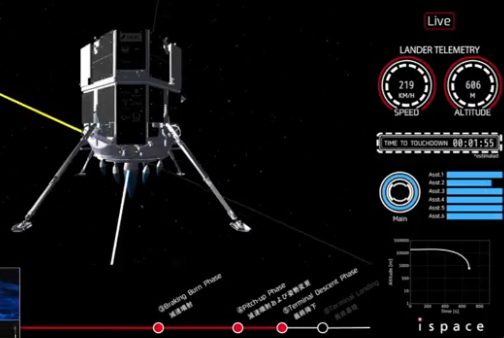Having finally lost the support of her own MPs, and the Conservative Party in general, as she tried to get her rejected “Brexit” deal with the EU though parliament for a fourth time, Theresa May has finally formally given in her notice to quit. She will no longer be the head of the Conservative Party on 7 June, immediately after the 75th Commemoration of the D-Day landing battle in Normandy. She will however remain as a stand-in Prime Minister until a new leader is elected.

UK Prime Minister and Conservative leader Theresa May next to Lord Buckethead, Intergalactic Space Lord. Courtesy: Lord Buckethead
So will history judge her well and what will this mean for space?
As this column has written before, revisionist history can rewrite reputations – both ways. Gordon Brown’s previously good reputation as being an astute Chancellor/finance minister has now completely disappeared. His overuse of poor value PFI contracts (which are now banned), his ruinous raid on company pension dividends, his infamous sale of the UK’s gold stocks at what was the lowest price for decades, and his lax attitude to financial regulation – partly the cause of the banking disaster of 2008 – all conspire to make his time as Chancellor look very bad indeed.
And yet, not all may be lost for him. Gordon Brown, of course, moved on to be Prime Minister, a role in which he was not rated at the time, and from which he was subsequently voted out. Nevertheless, his reputation as a Prime Minister is now being rapidly reassessed. It is now accepted that during the banking crisis of 2008, Gordon Brown, and the Treasury team led by his Chancellor Alistair Darling, made fast, decisive and ultimately wise actions which successfully shored up the financial sector, thus preventing the entire system from collapsing into a meltdown, possibly even saving capitalism itself.
In the same way, setting aside her vindictive firing of her Defence Secretary, her poor electoral and campaigning performance, and her stilted response to the Grenfell Tower fire disaster, Theresa May’s reputation in this Prime Ministerial role may yet be recovered over time – not least be over her dogged determination in relation to Brexit. For, in reality, it was pretty much impossible for her to negotiate a better deal with the intransigent European Union, and keep the UK’s own parliament happy at the same time. As it was, many elements of her deal were well done, especially over UK and EU expat rights and also fisheries protection. It was just that parts of it – especially the no-escape clause related to Northern Ireland’s continued Custom Union arrangements – made it impossible for most to sign.
However, while her premiership could – and probably should – be reassessed as better than it currently seems, Theresa May’s long time as Home Secretary will not be viewed as benignly. Given the rapidly rising crime rate in the UK, her treasury-pleasing policy of cutting police numbers now appears to have been a serious blunder. Likewise many resent her moves to reduce privacy and worsen civil liberties via the introduction of intrusive government monitoring rights – the results of which are yet to be fully appreciated. And while her successors and civil servants carried the can, it was her poor judgement and hard-hearted nature which caused the forced expulsion of lawfully residing descendants of immigrants in the Windrush scandal.
It is now likely that the UK will get a more pro-Brexit Prime Minister will be selected by the Conservative Party and a “hard” or “no deal” exit from the European Union may be on the cards – especially given the recent success of the Brexit Party. Many will balk at this being allowed unless another referendum is held first. Others will harbour resentment if a second referendum happens. In other words, the new Prime Minister, whoever he or she may be will have just as many problems to solve as Theresa May.
The UK Space Industry, as a whole, remains in favour of staying in the European Union. They know that many space projects – not least the Galileo one – are now funded by the European Union, even if they resent its meddling into the workings of the European Space Agency (ESA). Nevertheless, space in the UK will still prosper – whether the UK is inside of the EU or outside of it. It was under Theresa May’s leadership after all that the UK committed itself to building its first vertical launch space port in Scotland. It is a sign of a thankful change of mind on space within the UK government after many decades of diffidence.






